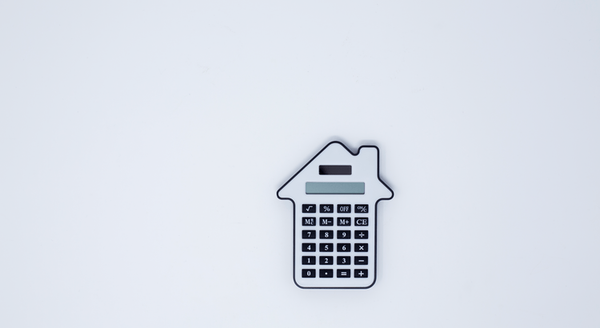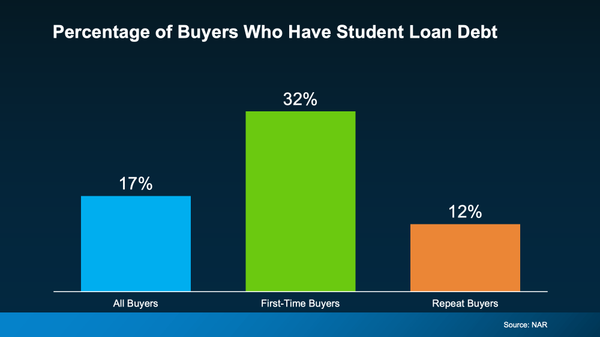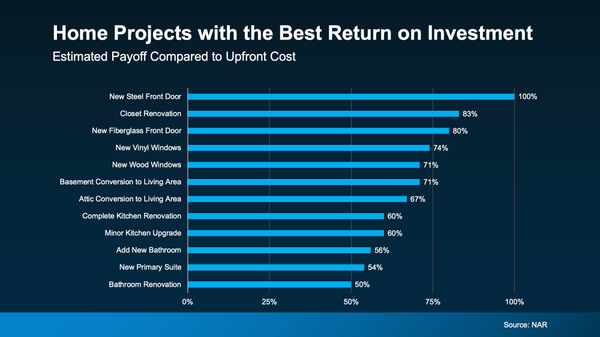What are buyer contingencies?
In this article, we are reviewing buyers contingencies in a residential home purchase contract for Southern Nevada. First off, what is a contingency? It’s a clause that defines a condition or an action that must be met or accepted for the contract to continue to the next step. If contingencies are not accepted or met, the buyer can obtain their earnest money deposit (EMD) back. However, once a contingency period closes, the Buyer’s deposit becomes non-refundable if the Buyer should cancel.
1. Buyers Feasibility / Due Diligence
The first contingency in a contract is the Buyers Feasibility or Due Diligence. This allows the Buyer time to conduct an investigation into the property, such as a home inspection. This is to make sure the all the systems and structural component of the home function as they should. Normally this will be 10 to 15 days from the date both parties accept the contract. If the home requires repairs, then there is a process for the Buyer to request repairs. This is also the time a Seller agrees or declines during this Feasibility Contingency.
If the property is within a Home Owners Association (HOA), then Nevada laws provides the Buyer five days from the day the Seller provides the Association documents to review. The Buyer may cancel the contract within this time frame if they are not satisfied with the association documents, rules and regulations.
2. Appraisal Contingency
Next is the Appraisal Contingency. The Appraisal Contingency is the time frame for which the Buyer must get an appraisal value on the home. This is always done when a Buyer is purchasing with a loan. A cash Buyer may require an appraisal as well. If a home does not appraise for the purchase value, then parties have to reach an agreement on the price. Buyers are not forced to buy the home for more than appraised value… and Seller’s are not required to sell for appraised value. This becomes a negotiation point, however, it must be resolved prior to the close of the Appraisal Contingency for the Buyer’s deposit to be refunded.
3. Loan Contingency
Next, Loan Contingency. At the time of contract, all our Buyers have a preliminary loan approval. Depending on the lender, the preliminary approval is subject to underwriting approval and conditions. During the Loan Contingency period, this is when the Buyer/Borrower provide all the documentation the underwriter requires and then the Underwrite issues the final loan approval. Even the final loan approval will have some minor conditions for closing. The Buyer should know these conditions and be very confident they can comply with them. Once the finance contingency period is closed, and if a Buyer cannot obtain a loan or their lender does not perform, the deposit money is at risk.
4. Home Sale Contingency
Then comes the Home Sale Contingency. This is when the purchase of your new homes is contingent upon the sale of your existing home or property. Meaning you cannot purchase this new home without selling your existing home. This contingency has several key dates. Once this date passes, if the sale of your existing home does not close escrow, and you are not able to proceed with the purchase of this home, your deposit finds are forfeited to the Seller.
These are key dates that our team will cover with you and we watch each date closely. If you are working with your own lender, we will be working side by side with you to make sure your lender can perform and is on target. If you are working with a lender that we have a relationship with, many times we communicate with them directly and the process is seamless to you.
What’s the quick answer?
Contingencies are there to protect the home buyer and give them time to accomplish a certain task. However, once they pass, the Buyer’s deposit funds become at risk. We over communicate on these dates because they are important.

Read More:
Categories
Recent Posts










